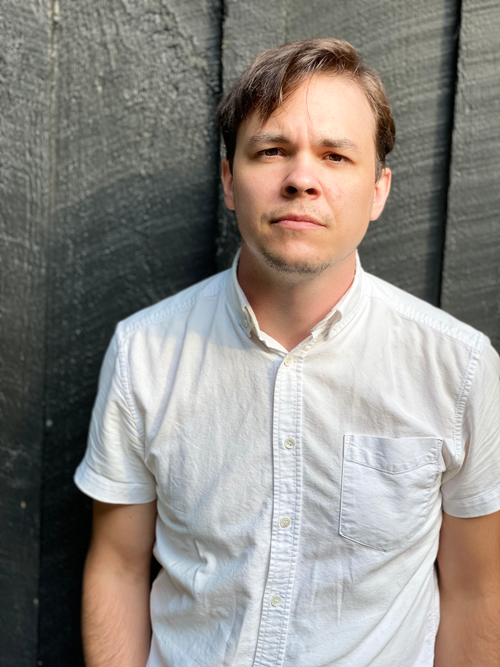
In early 2019 I had the pleasure of publishing two poems by Ted Dodson in Hyperallergic, and at the time could only speculate about what larger world the pair of dated poems named after different cities (“Brooklyn, 5/25/18” etc) were drawn from. I was excited about the poems and the project, and thought of them often in the months after. The work was eventually realized as Ted’s new book An Orange (co-published by Pioneer Works and Wonder), a wide-ranging poetic inventory of forms of connection in the 21st century, interrogative and often-ecstatic, published this year by Pioneer Works, and the subject of a long delightfully meandering phone call between us on a rainy day in April. We first tried unsuccessfully to conduct this interview in February in the depths of pandemic winter, but it was meant for the hopefulness of spring after all. As I revisited the book in the months in-between, An Orange spoke to me movingly (and convincingly) about distance, longing, and the poet’s essential power of sustained attention.
You have reached your article limit
Sign up for a digital subscription and continue reading all new issues, plus our entire archives, for just $1.50/month.
Already a subscriber? Sign in




